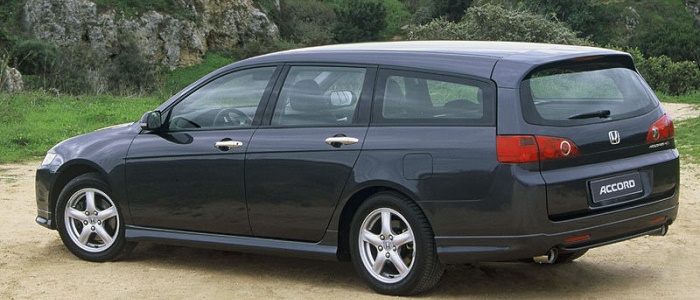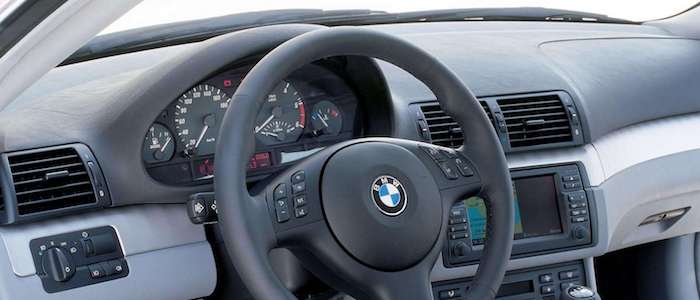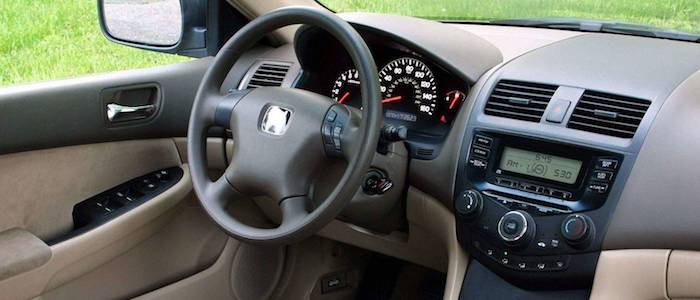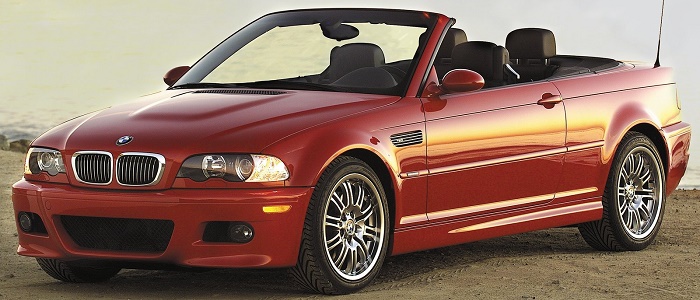Compare two cars
Compare any two cars and get our Virtual Adviser™ opinion
Dimensons & Outlines
Check vehicle history
Engine
Performance (manual gearbox)
Performance (automatic gearbox)
Expenses
Virtual Adviser's™ opinion
Two significantly similar cars, no doubt about that. Still, each one has something different to offer. Having both cars powered by petrol engines and utilizing the 5-door wagon body style within the same 'Large family car' segment, the only major difference here really is their wheel drive configuration (4 x 4 for the BMW and front in the case of the Honda). The first one has a BMW-engineered powertrain under the hood, a 6-cylinder, 24-valves 192hp unit, while the other one gets its power and torque from a 4-cylinder, 16-valves 190hp engine designed by Honda.
SafetyBoth vehicles got tested by European New Car Assessment Programme (Euro NCAP), with the same number of safety stars gained in the process. That aside, let's consider some other aspects which affect safety. Both vehicles belong to the large family car segment, which is generally a good thing safety-wise, but it doesn't do much to help us decide between the two. Furthermore, when it comes to weight, a factor that most people underestimate, the German car offers a marginal difference of 3% more metal.
ReliabilityManufacturers have been building their reliability reputation for decades now and, generally speaking, it appears that Honda is significantly less fault-prone, at least on all of the models level. These are the official statistics, while our visitors describe reliability of BMW with an average rating of 4.1, and models under the Honda badge with 4.7 out of 5. Some independent research have also placed 3 Series as average reliability-wise, and Accord is more or less at the same level.That apart, owners of different cars powered by the same engine as the German car rank it on average as 2.8, while the one under the competitor's bonnet gets 4.9 out of 5.
Performance & Fuel economyBMW is a bit more agile, reaching 100km/h in 0.7 seconds less than its competitor. In addition to that it accelerates all the way to 231 kilometers per hour, 11km/h more than the other car. When it comes to fuel economy things look pretty much the same for both cars, averaging around 10 liters of fuel per 100 kilometers (28 mpg), in combined cycle.
Verdict
Honda is apparently more reliable, not too much, but just enough. The most important thing when deciding between any two vehicles should always be safety, both passive and active. In my opinion, everything taken into account, the German car offers slightly better overall protection and takes the lead. It all continues in the same direction, with BMW outracing its opponent in any situation possible, making it better choice for boy racers. It does come at a cost though, and that's the fuel consumption... At the end, as much as I'd like to give you a winner here, it's simply a pure tie if you ask me. In any case that's my personal view, built upon all the data available to me. What should decide here though is the way you feel about the two vehicles, and I hope you'll find my guidelines useful in the process. I suggest you spend two more minutes in order to find out which car, based on your needs and budget, would be picked by the virtual adviser™, among thousands of similar, yet so different vehicles.
Related articles
As we get closer to those few months of the year when it is not completely meaningless to own a convertible, I decided to do some research on the subject. Not because I enjoy having birds emptying their cloaca all over my leather seats every time I park under a tree...

































